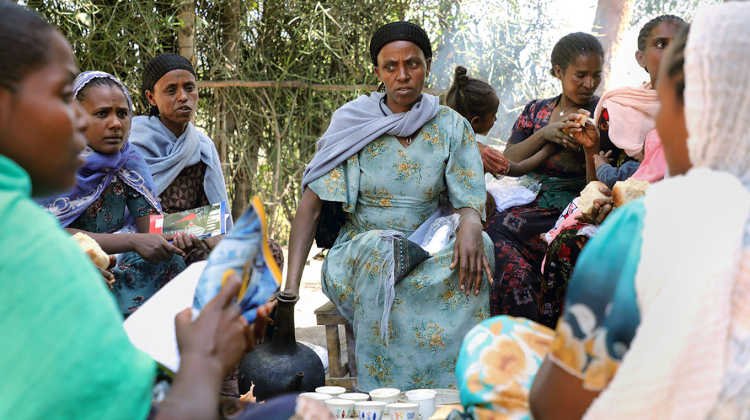Despite Burundi’s 2016 law against gender-based violence (GBV), GBV still poses significant challenges to the well-being and safety of women and girls.
Development Diaries reports that the country’s GBV law falls short of regional and international best practices, according to an observation made by Amnesty International.
It is understood that the legislation made significant changes, such as defining rape in a way that requires consent and prohibiting harmful customs.
However, it fails to take a survivor-centered approach, potentially criminalises survivors of GBV, and infringes on human rights such as the right to privacy and nondiscrimination.
A 2017 government survey found that 36 percent of Burundian women between the ages of 15 and 49 had at some point in their lives been the victims of physical assault.
In 57 percent of these cases, spouses or other close companions committed the violence. Additionally, according to the survey, 23 percent of women in the same age range reported having been sexually abused.
The prevalence of GBV in Burundi is rooted in a complex interplay of cultural, social, and economic factors. Traditional gender norms and stereotypes contribute to the perpetuation of unequal power dynamics, enabling the normalisation of violent behaviour.
To promote effective prevention, protection, and justice for survivors, Development Diaries calls on the National Assembly of Burundi to rectify serious flaws in the historic 2016 law against gender-based violence (GBV) and discrepancies in other relevant legislation.
We also call on Burundi to ratify the Protocol to the African Charter on Human and Peoples’ Rights on the Rights of Women in Africa (Maputo Protocol) which it signed on 03 December, 2003.
Photo source: United Nations





